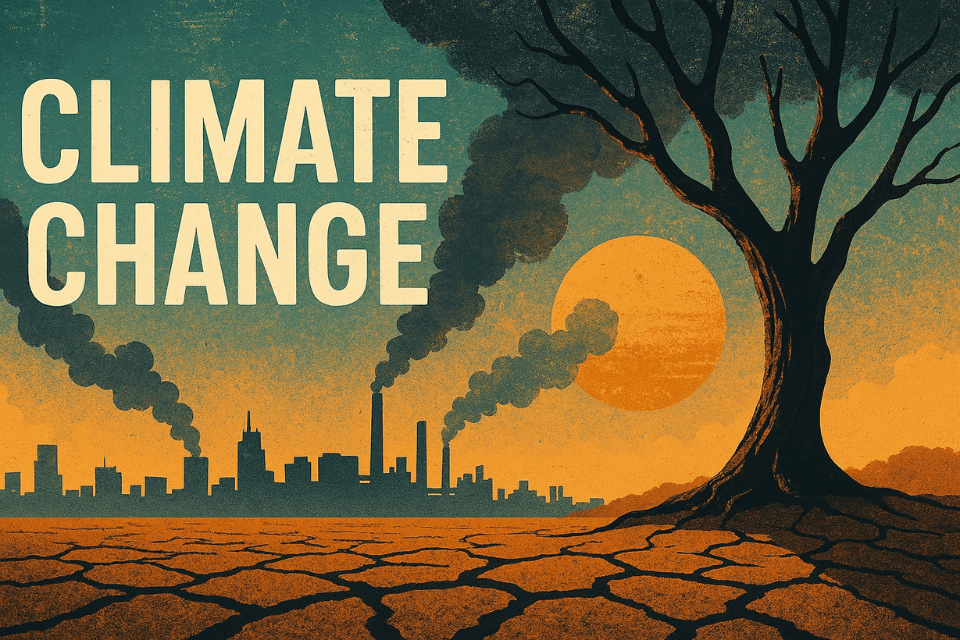Climate change is a common IELTS topic, especially in Writing Task 2 and Speaking Part 3.
In this grammar activity, you’ll practise using zero, first, and second conditionals to describe real situations, possibilities, and hypothetical solutions. Read the article and choose the correct grammar form for each blank.

2. Climate Change and Personal Choices
Climate change affects people around the world. If temperatures __________ (1) to rise, we may face more extreme weather, rising sea levels, and environmental damage. While governments have a major role to play, individuals also make a difference. For example, if people __________ (2) their energy use, they reduce their carbon footprint.
Some people believe personal action doesn’t matter. But if everyone __________ (3) more responsibly, the impact would be much greater. The choices we make every day — from what we eat to how we travel — influence the planet. If you __________ (4) your car just one day a week, you help reduce emissions.
It’s clear that if we don’t change our behaviour, the consequences __________ (5) serious. The time to act is now.
Check answers at the bottom of the page.
1.
(A) continue
(B) continues
(C) continued
(D) will continue
2.
(A) reduce
(B) reduced
(C) will reduce
(D) reduces
3.
(A) act
(B) acted
(C) had acted
(D) will act
4.
(A) didn’t use
(B) don’t use
(C) won’t use
(D) hadn’t used
5.
(A) is
(B) are
(C) will be
(D) would be
Grammar Explanations
1. “If temperatures continue…” – Zero/First Conditional
We use the present simple after “if” to talk about general truths or real future conditions.
2. “If people reduce…” – Zero Conditional
Present simple + present simple for general cause/effect (e.g. action = result).
3. “If everyone acted…” – Second Conditional
Hypothetical situation: if + past simple → would + verb (used for imagined results).
4. “If you didn’t use your car…” – Second Conditional
Again, a hypothetical solution to reduce emissions.
5. “The consequences will be…” – First Conditional
Real future result of present inaction.
Correct Answers:
- (A) continue
- (A) reduce
- (B) acted
- (A) didn’t use
- (C) will be

